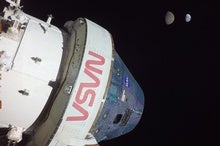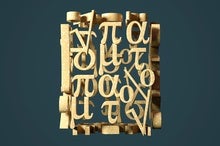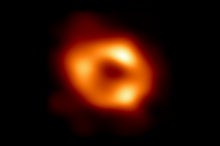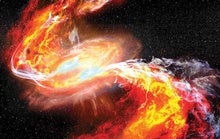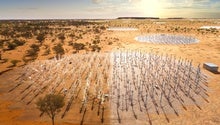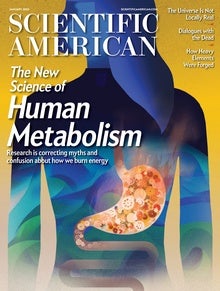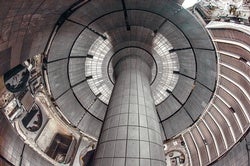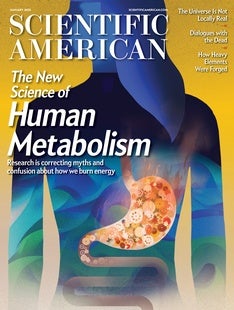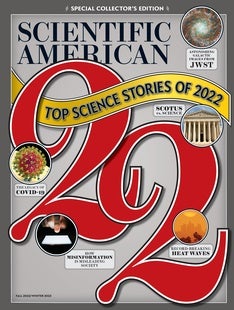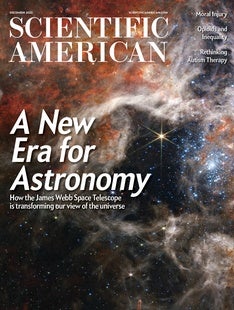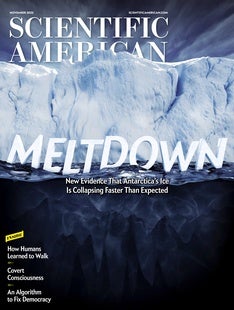 |
| December 15, 2022 |
Dear Reader,
I'm filling in for Lee Billings today. The biggest news in physics this week is the announcement from the world's largest fusion experimentation facility that they have finally created a nuclear reaction that generates more energy than it consumes. Why this matters: A potentially clean and near-limitless source of power, fusion reactions are so energetically costly to initiate and harness that they were never considered a real contender for global energy supply. While decades of further development need to happen, this is a monumental first step toward making nuclear fusion power a reality. Read the full story below. And check out roundups of some of our best content of the year—from the top math stories, to all the ways artificial intelligence has changed our lives for good. |
| | Andrea Gawrylewski, Chief Newsletter Editor
| |
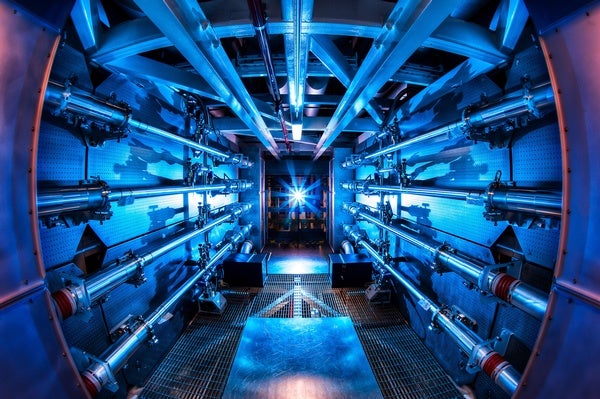 |
| |
| |
| Mathematics 6 Marvelous Math Stories from 2022 Math made a splash this year. Here's a look at the fascinating discoveries, mind-bending quests and important events in mathematics in 2022 | | | | |
| |
| |
| |
| |
| |
FROM THE STORE
 | | | |
| |
FROM THE ARCHIVE
 | | | |
LATEST ISSUES
 |
| |
| Questions? Comments?  | |
| Download the Scientific American App |
| |
| |



